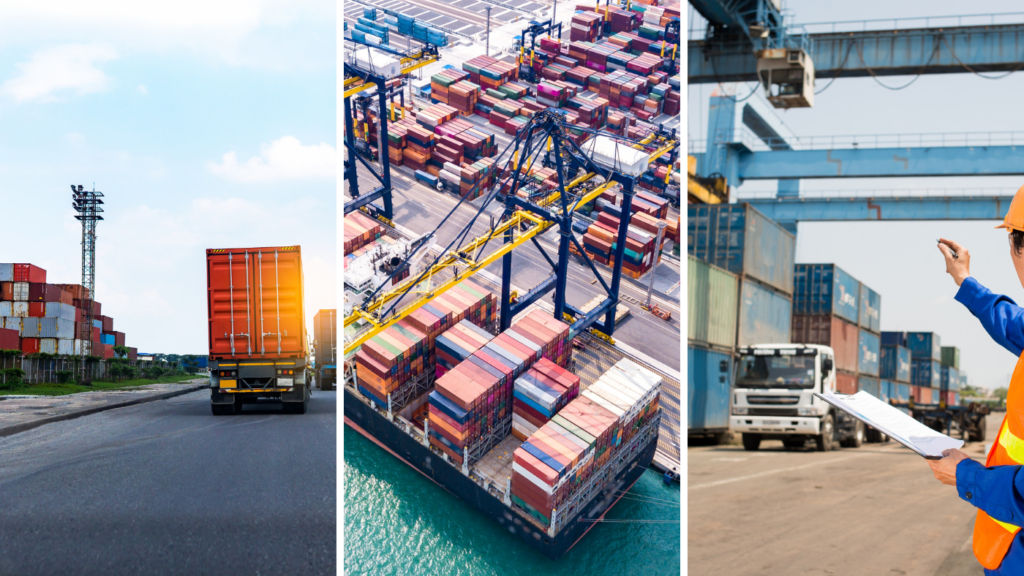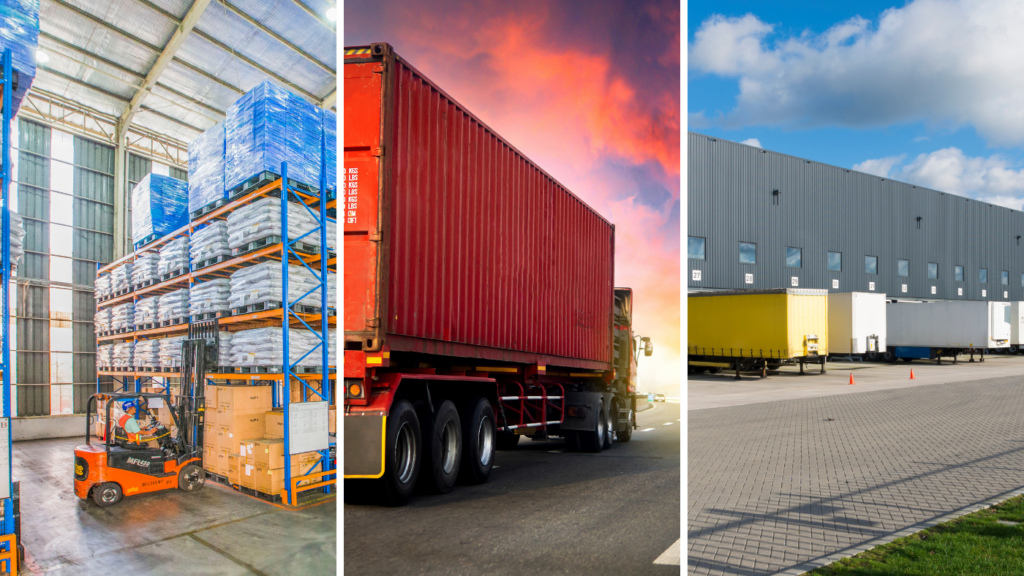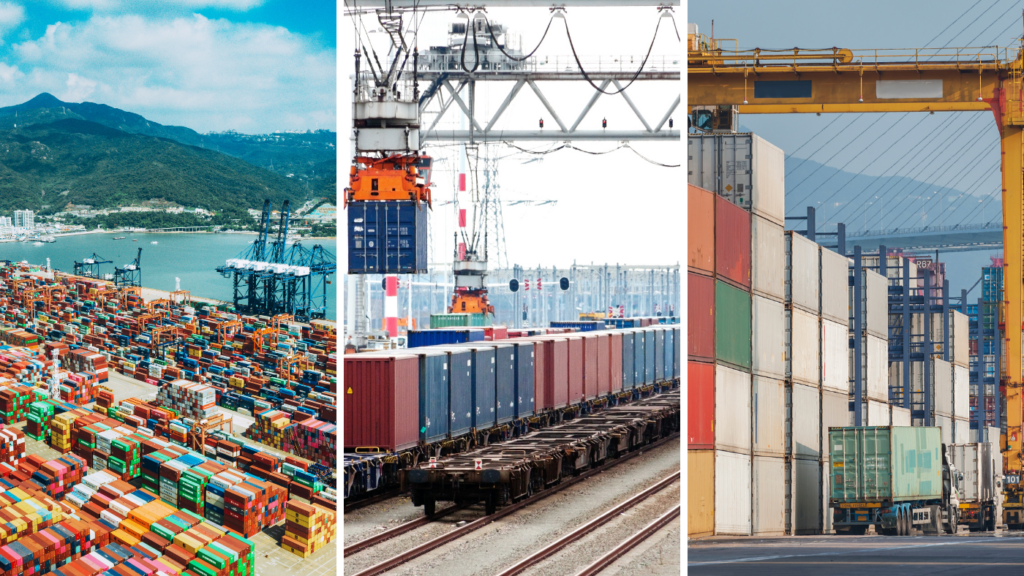Tariff Codes
Introduction
A Tariff Code is a numerical identifier used to classify imported and exported goods. It is a crucial element for governments, traders, and others involved in international trade to accurately define products for tax, tariff, and regulatory reasons.


Structure of Tariff Codes
Harmonized System (HS) Code
The World Customs Organization (WCO) oversees the Harmonized System (HS), a globally accepted classification system for traded goods. The HS Code consists of six digits: the first two designate the chapter the goods are classified in, the next two provide details about the product’s group, and the last two specify the product’s sub-group.
Extended Codes
Some trade regions often use extended versions of the six-digit HS code to specify products further. For example, the United States uses a 10-digit code known as the Harmonized Tariff Schedule of the United States (HTSUS), while the European Union employs an eight-digit code called the Combined Nomenclature (CN).
How Different Trade Regions Utilize Tariff Codes
United States
The U.S. adopts a 10-digit HTSUS code, further subdividing the last four digits for more specific classification and varying tariff rates.
European Union
In the EU, the Combined Nomenclature (CN) is used, which adds two more digits to the standard six-digit HS Code.
Mainland China
Mainland China uses an 8-digit, and sometimes 10-digit, HS code system. This provides a highly detailed classification, accommodating mainland China’s vast range of import and export products.
Indonesia
Indonesia adopted an 8-digit Harmonized System known as the Indonesian Harmonized System (INHS). The additional digits accommodate specific goods that are relevant to Indonesia’s economy.
Japan
Japan employs a nine-digit system known as the Japan Harmonized System (JHS), which is an extension of the six-digit HS Code. This classification allows for greater specificity, which is particularly beneficial for Japan’s advanced and diversified economy.
India
India uses an eight-digit Harmonized System called the Indian Trade Clarification (ITC) HS Codes. This system helps in precisely classifying goods, which is necessary for a country with a complex and multifaceted economy like India.


Practical Uses of Tariff Codes
Calculating Duties and Taxes
One of the primary functions of Tariff Codes is to ascertain the duties or taxes levied on a product during international trade. This is essential for companies to accurately calculate the total cost of a shipment.
Regulatory Requirements
The use of correct Tariff Codes is a legal requirement for international trade activities. Inaccurate codes can lead to delays in customs clearances, financial penalties, or even legal consequences.
Challenges and Risks
Incorrect Classification
Incorrectly classifying a product can result in miscalculated duties or even legal consequences.
Shipping Delays
Inaccurate or incomplete Tariff Codes can result in delays during customs clearance, disrupting the supply chain and potentially incurring additional costs.


Tips for Correctly Determining Tariff Codes
Disclaimer: The following is not legal advice but general guidelines. Please consult with experts if you have doubts regarding your products’ tariff code.
- Consult Official Resources: Official governmental websites often provide searchable databases to help you identify the appropriate Tariff Code for a product.
- Seek Professional Advice: Customs brokers and international trade experts can provide valuable insights and advice on the correct classification codes.
- Keep Updated: Tariff Codes are subject to change; staying updated on revisions and adjustments is vital for compliance.
Key Takeaways
Understanding Tariff Codes and their usage is essential for smooth international trade operations. A proper grasp of how different countries adopt and extend these codes can provide a significant advantage in global business activities.

Contact Us
The world of logistics is complex and full of technical, financial, and business elements. The logistics experts at Phoenix International deliver top-quality freight forwarding service, supported by powerful technology and decades of experience. Contact us and let us know how we can help you!
